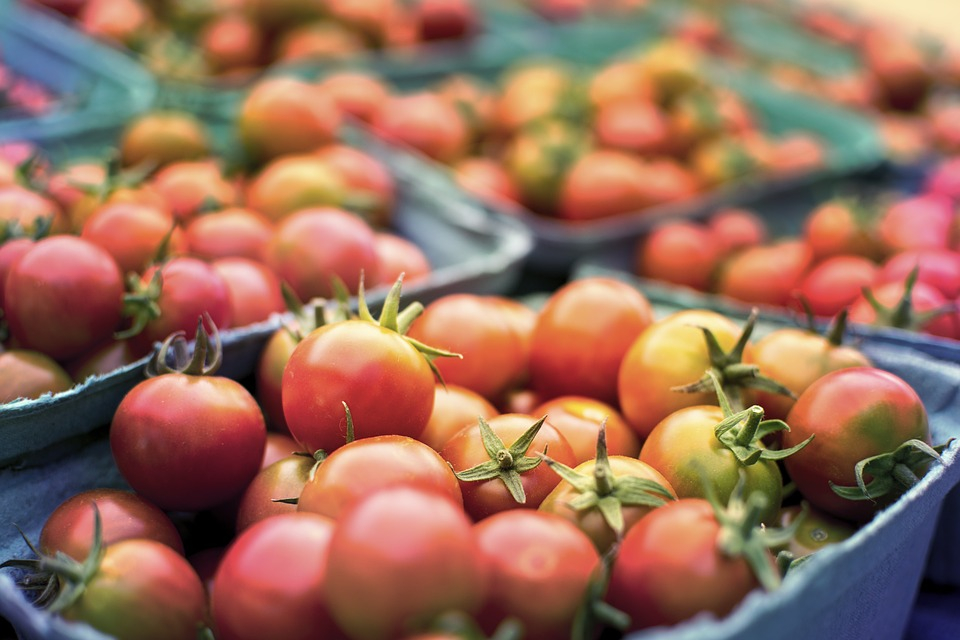As Poslovni Dnevnik/Darko Bicak writes, although it might sound like a script from science fiction films to most, the technology of growing food indoors without fertile land is already a reality today, and the Croatian company CityGreens Farming from Zagreb is also contributing to its development.
The leading people of that aforementioned company, Josip Ceovic and Filip Mijatovic, explained that they have developed an innovative system for aeroponic plant cultivation implemented in the form of a vertical farm. “We’re the first company in the region to develop so-called High Pressure Aeroponic systems, both in a home form and in an industrial form. Aeroponic cultivation is the process of growing plants without the use of soil or water pools, classic hydroponic cultivation, where the root of the plant is fed through a nutrient mist.
The technology was first devised by NASA and is considered the highest and purest cultivation technology where plants grow without sun or soil in strictly controlled conditions. Pesticides, fungicides and herbicides aren’t used in cultivation, and the system is fully automated,” explained Mijatovic.
He added that this is a new device completely designed and made in Croatia.
“The aeronautical technology on which the device works has been known for the last fifteen years after NASA invented and perfected it for growing plants in space. Of course, the designs, components, and accompanying software for their devices aren’t publicly available, and our device is our own interpretation of that technology.
There are aeroponic farms in parts of the world which use similar devices, but this technology is still in its infancy and we’re only at the very beginning of its development and wider application,” stated Mijatovic. The innovative duo from CityGreens Farming pointed out that compared to farms in Spain where hydroponic vegetables are produced, such as Tower Garden or Agrotonomy, their system is far more sophisticated and uses High Pressure Aeroponics while they use Low Pressure Aeroponics.
“Our vegetative cycle is fully automated and uses advanced computer algorithms that use sensors (temperature, humidity, CO2, light intensity and a spectrum, water mist nutrients, PH levels, etc.) to measure and adjust these parameters to create an ideal atmosphere for plant growth,” explained Ceovic.
Such a farm, they added, is especially suitable for countries that have a lack of arable land or very difficult weather conditions. For example Saudi Arabia, the United Arab Emirates, Iceland, etc.
In addition, since such a farm can be located in the city itself, the distribution chain has been completely changed and only a few hours need to pass from harvest to table, unlike the usual transport by boat or truck in refrigerators.
The project was also helped by the European Union (EU) with 1.7 million kuna from its regional development fund, and CityGreens Farming currently has a demonstration plant in Zitnjak in Zagreb, where has production covering over 200 square metres. The pair noted that it is difficult to talk about the specific price of such a farm because every project would be quite individual, and thus the prices would naturally vary.
However, when looking at the general advantages of this sort of technology, the growth cycle is up to 60 percent faster than usual, water consumption is 98 percent lower, fertiliser use is 60 percent lower, and pesticides, herbicides and fungicides are 100 percent lower.
These Zagreb innovators concluded with one important fact, and that is that their technology and production have nothing to do with GMO seeds and cultivation, which people often confuse with controlled cultivation. Bio and Eco certificates can also be readily obtained for this type of production.
For more, follow Made in Croatia.








